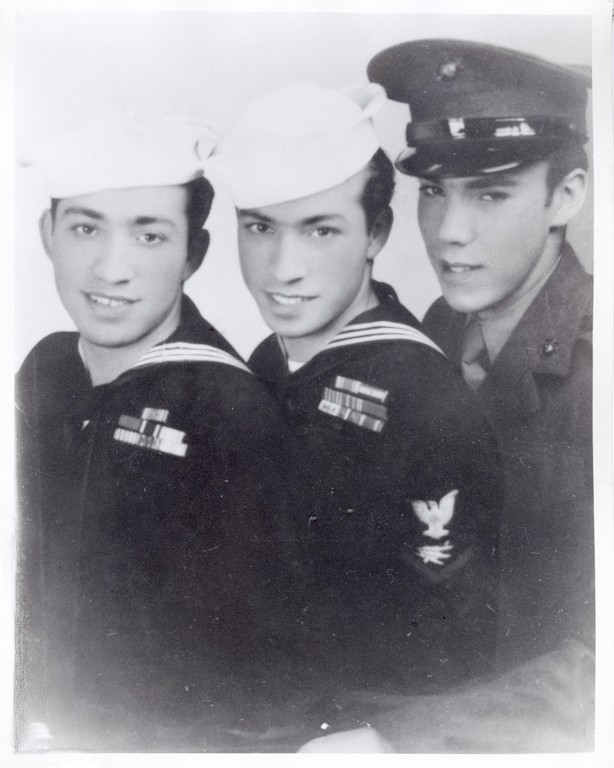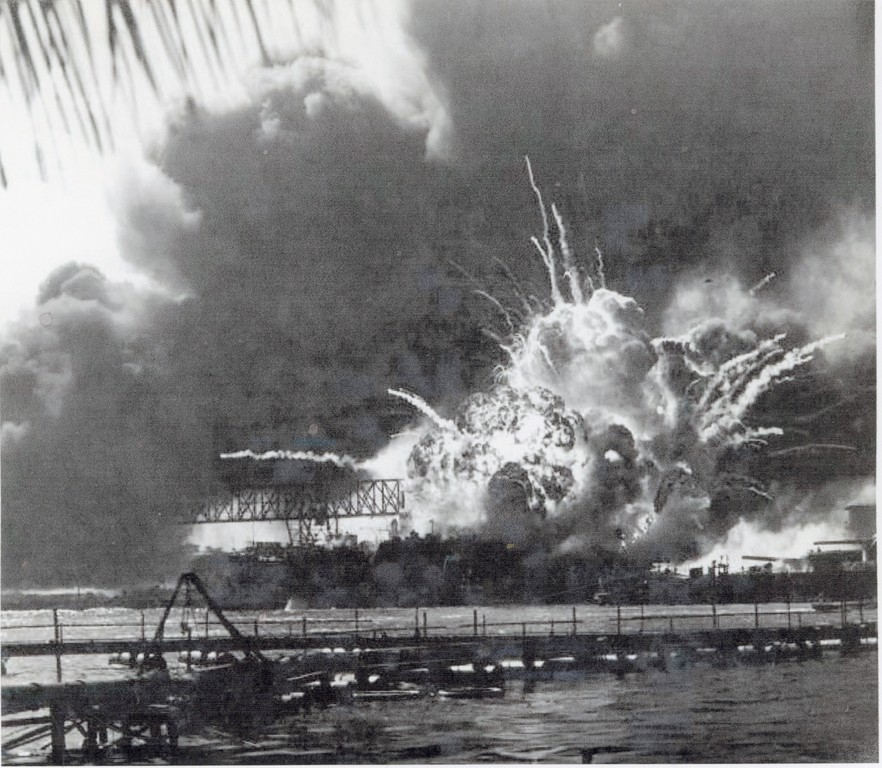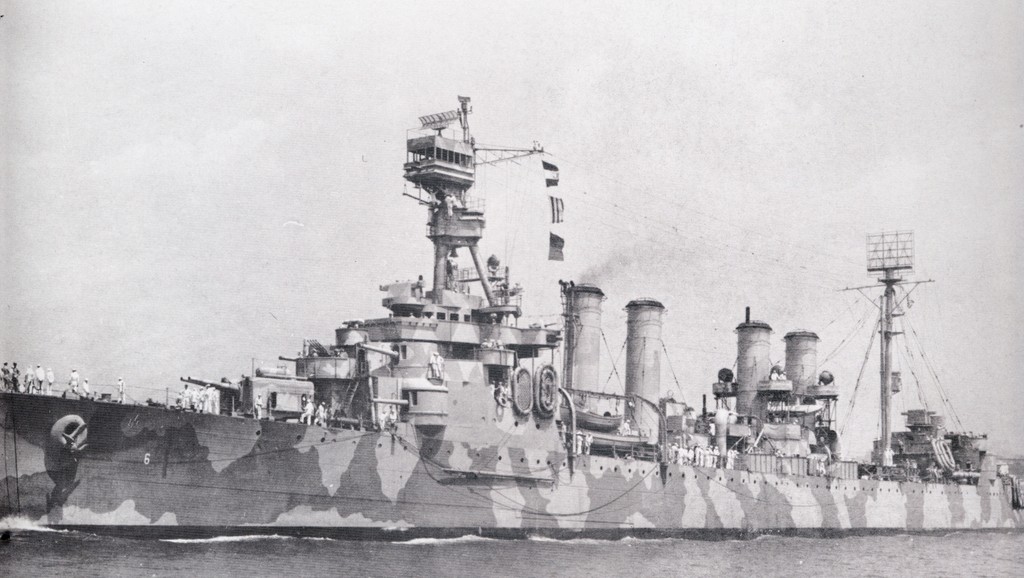Local survivor remembers Pearl Harbor
Barbosa recalls his time in the Navy
Pearl Harbor survivor Gerard Barbosa, 88, of East Meadow, was one of six men honored on Dec. 7 at a 70th anniversary memorial ceremony at the American Airpower Museum in Farmingdale.
In March 1941, Barbosa volunteered for the Navy, and was sent to Pearl Harbor on the Hawaiian island of Oahu, where he was a gunner’s mate on the U.S.S. Raleigh.
Situated opposite Battleship Row, the Raleigh was adjacent to the U.S.S. Detroit and the U.S.S. Utah, the last of which was sunk during the attacks that Dec. 7.
Remembering the “date which will live in infamy,” Barbosa said he was relaxing on the Raleigh when the Japanese attacked. “There were machine-gun bullets bouncing off the deck,” he recalled, and as he looked toward the sky he saw the attacking planes overhead.
His entire body was shaking until he reached his gun, Barbosa recalled, but he quickly gained control and began shooting at any moving target. Then, “all of a sudden, it looked like the ship was picked up out of water and bounced back down again,” he said. The Raleigh had been hit.
Before the battle ended, a torpedo plane hit the Raleigh on its port side and a dive-bomber struck as well. But fast-working seamen managed to patch holes in between the raids, and a tugboat eventually attached two large barrels of air to keep the ship from tipping over.
“We put so much fire power between us, we could see planes going down,” Barbosa said, but it wasn’t until years later that he learned that gunners on the Raleigh had shot down at least six enemy planes. “We weren’t counting,” he said. “We were just trying to stop the planes from sinking us.”
After the trauma of Pearl Harbor, Barbosa was sent to fight in Europe aboard a ship known as LST-157. It was involved in numerous raids, he said, but none more memorable than D-Day on June 6, 1944.
As he explained: “When the tide goes out you’ve got no place to go. Your ship is right on dry land, and you can’t move it until the tide comes in ... By the time the evening comes around, the German fighter pilots are coming over because we’re sitting ducks. If they didn’t hit you, you stayed there until high tide so you could get out.”
Soldiers going ashore were often overcome by the weight of their packs and the sea, and many drowned before reaching land. “We lost a lot of good men that day,” Barbosa recounted. “It sticks to you because they didn’t have a chance.”
About a year later, Barbosa was discharged from the Navy and got married. He and his wife, Marie, had a son, Gerard, and a daughter, Bonnie. They raised their family in Queens, and moved to East Meadow nearly 20 years ago. This year they celebrated their 53rd anniversary.
Barbosa remains a proud, decorated Navy man and is a life member of the Veterans of Foreign Wars. “When they started the draft, I volunteered and, luckily, I got in,” he said. His twin brother, George, and younger brother, Jack, also joined the military and served in World War II.
Following the ceremony in Farmingdale, an aircraft loaded with roses dropped them into New York Harbor, near the Statue of Liberty, commemorating a dark day in American history.

 56.0°,
Overcast
56.0°,
Overcast 









